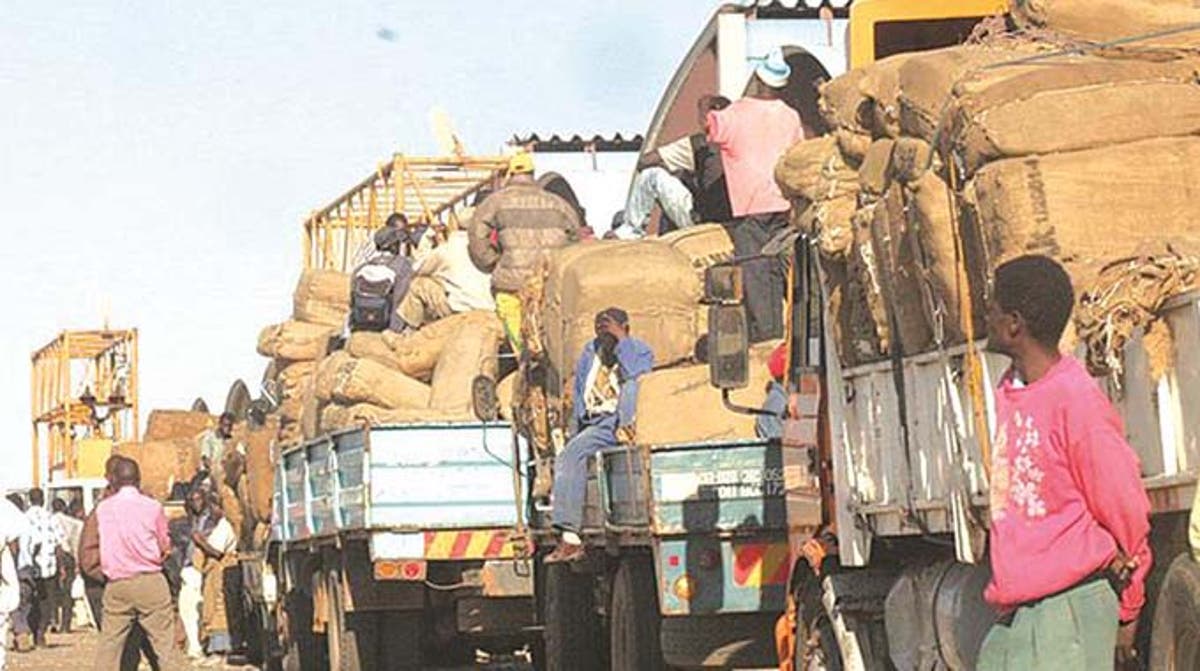Investors assured of Govt’s commitment to sustainable growth, economic reforms
The Government has assured a variety of foreign investors of its dedication to sustainable and inclusive growth to achieve an empowered and prosperous upper middle-income society by 2030 while implementing a series of bold economic reforms.
Creating an enabling business environment further supports the “Zimbabwe is open for business” philosophy across all sectors, for both domestic and international investors.
Speaking at the Zimbabwe Investment Summit 2024 in South Africa, Finance, Economic Development and Investment Promotion Minister, Professor Mthuli Ncube, outlined investment opportunities, currency reforms, and measures taken to stabilise the economy.
He highlighted the positive growth trend since 2021, with real GDP growth of 8,5 percent in 2021, 6,5 percent in 2022, an estimated 5,5 percent in 2023, and a projected slowdown to 3,5 percent this year due to climate change disruptions such as droughts and floods.
The growth trajectory, Prof Ncube said, is in line with the National Development Strategy 1 targets, notwithstanding significant external global shocks which were experienced during these three years.
Prof Ncube said the financial market is open to all investors, issuers, market intermediaries, foreign and domestic, including Zimbabweans in the diaspora.
“Further, the establishment of the Victoria Falls Stock Exchange (VFEX) as a part of an International Financial Services Centre characterised by lower trading fees, no capital gains withholding tax and lower dividend withholding tax for investors, has already seen a number of listings on the exchange.
“Furthermore, the introduction of USD denominated exchange will assist investors, especially the diaspora family, that continue to contribute towards the country’s infrastructural rehabilitation efforts and provision of other basic utilities,” he said.
He urged investors to contribute towards policy measures on how best to unleash the potential of the important development agenda.
“To this end, I suggest that there should be a separate agenda to discuss policy issues that should be addressed or implemented by Government to support our capital markets sector and foreign investors.”
Prof Ncube added that despite the daunting circumstances, globally, the Zimbabwean financial system has remained largely stable, despite some risks that include climate change, the Covid-19 pandemic, exchange rate and interest rate risks, among others.
“I want to further encourage investors to play a major and increased role in leveraging co-financing through public private partnerships in order to attract more private sector financing for project preparation and infrastructure development.
“Let us be innovative in infrastructure financing, through various financial instruments such as catastrophic bonds, green bonds, infrastructure bonds, diaspora bonds, SME infrastructure bonds while Government will endeavour to complement these private sector efforts.”
On currency reforms, Prof Ncube told investors that the Government recently announced that Zimbabwe will maintain the multi-currency system until 2030, while ensuring a gradual approach to de-dollarisation.
He said Government is implementing tight fiscal policies, anchored on inflation and exchange rate movements through a number of measures.
“These will be anchored by tight monetary policy measures underway, to achieve the desired long-term stability and this is hinged also on stakeholders’ collaboration, and institutionalisation of discipline to economic players and agents, particularly speculative behaviour.”
He impressed on investors that implementation of the policy measures will provide some resilience in the economy against both domestic and global shocks and headwinds and ensure a continued downward trend in inflation Monetary Developments.
“The gold coins, digital gold tokens and USD denominated instruments introduced will complement the currency reform recently introduced in Zimbabwe to continue to provide an alternative retail investment product for value preservation in the multiple currency system and a liquidity mopping instrument over and above the foreign exchange auction system.
“These policy measures will continue, albeit being subjected to constant reviews in sync with inflation to balance macroeconomic stability while also boosting industrial activity and economic growth.”
He reassured development partners and creditors that the Government is committed to the implementation of key reforms critical to resolving the debts and arrears burden.
To navigate this process, Government, appointed the president of the African Development Bank, Dr Akinwumi Adesina, as facilitator of the high-level dialogues, and former Mozambican President Joaquim Chissano.
He said as the country heads towards Vision 2030, expectations are high that the growth prospects of the economy will continue on a positive trajectory, creating investment resources for the productive sectors of the economy, and ultimately industrialisation, economic growth and development.
He affirmed the country’s readiness for further collaboration and engagement with investors on deliberations that will culminate in understanding of relative risks and opportunities that facilitate informed decision making, today, tomorrow and beyond. —chronicle









